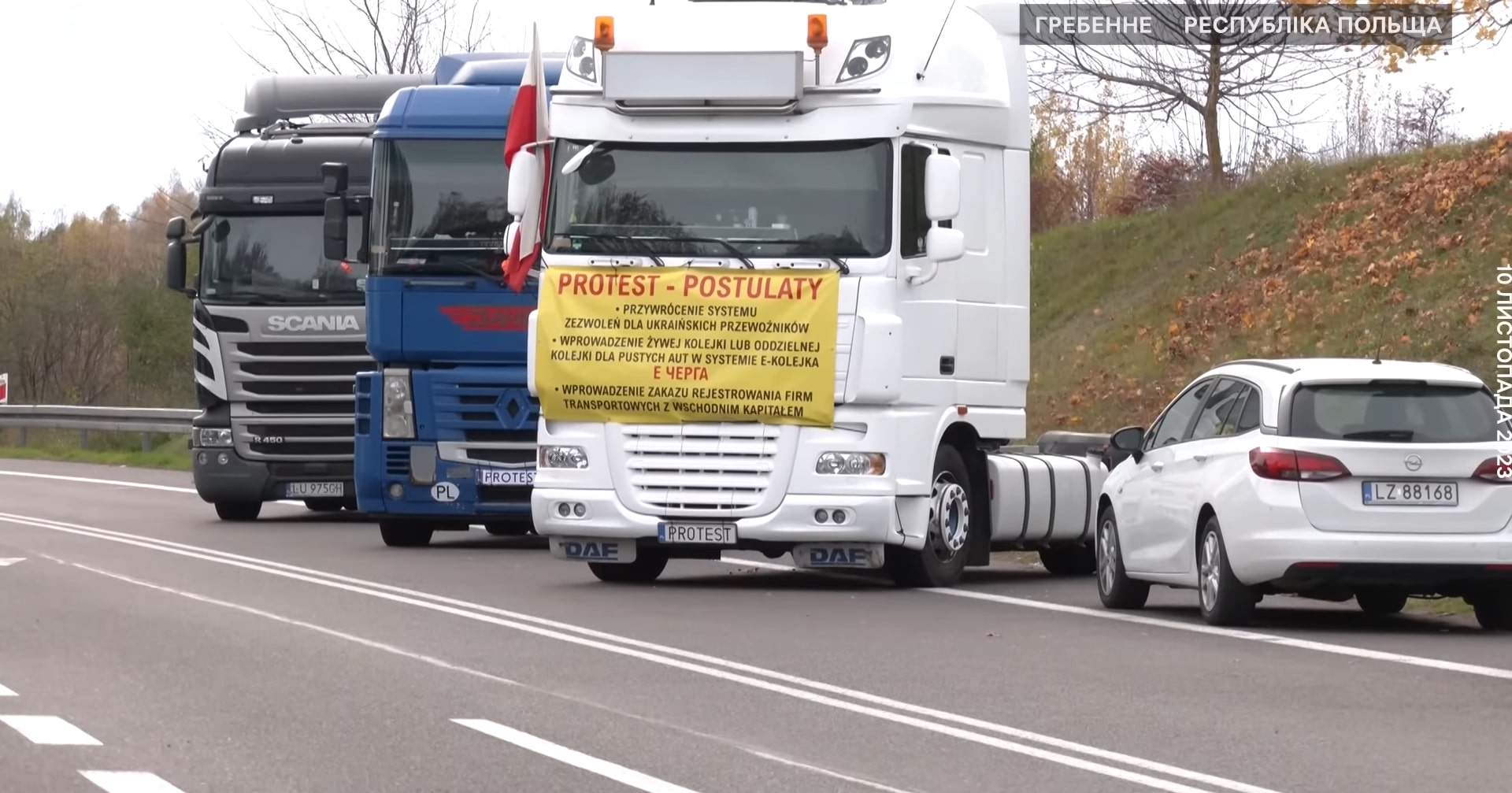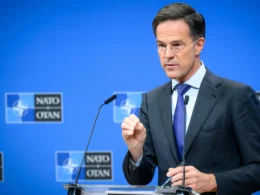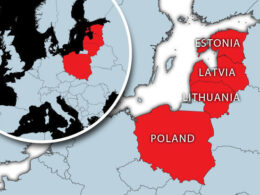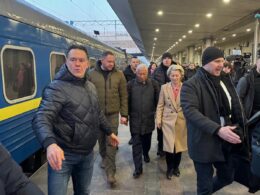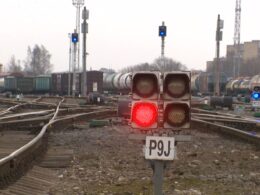Ambassadors from the Baltic countries have conveyed their dissatisfaction to the Polish authorities regarding the blockade of freight traffic at the Polish-Ukrainian border by Polish truck drivers, potentially undermining Ukraine's capability to continue its war with Russia, the Estonian media outlet ERR reported on 5 December.
The Estonian Foreign Ministry confirmed the issue has been repeatedly addressed in relations with Poland. "A meeting/demarche of the three Baltic ambassadors took place at the Polish Ministry of Infrastructure," stated Estonian Foreign Ministry spokesperson Brita Kikas in response to an ERR inquiry about Estonia's stance on the border blockade.
In diplomacy, a demarche signifies an appeal from one government to another, often with suggestions for specific actions. "We respect the right of truck drivers to protest. However, this has unfortunately led to a complex situation that creates problems for other carriers and additional difficulties for the Ukrainian economy. We are raising this issue with Poland and hope that a solution will be found soon in cooperation between Poland, Ukraine, and the European Commission," Kikas added. She indicated Estonia's continued efforts to seek a solution with the new Polish government.
Kikas noted, "Estonian Foreign Minister Margus Tsahkna had a conversation with former Polish Foreign Minister Johannes Rau. Moreover, a visit by the new Polish Foreign Minister to Tallinn is planned soon, where this issue will certainly be discussed."
The Estonian Foreign Ministry representative confirmed that the blockade of the Ukrainian border was also discussed during Tsahkna's meeting with British Foreign Secretary David Cameron on 4 December..
- On 31 October, a major protest by Polish truck drivers threatened to shut down all border crossings between Poland and Ukraine starting on November 3rd, which marked the beginning of the border blockade crisis.
- On 6 November, dozens of Polish truck drivers blocked three border crossings with Ukraine, and expanded it to a fourth crossing. The Polish protesters demanded the return of permits for Ukrainian carriers, tougher EU transportation requirements, prohibiting non-EU company registration, access to Ukraine's Shlyakh system for eligible drivers, separate border queues for EU cars in eCherha, and dedicated lanes for empty vehicles.
- On 14 November, talks between Ukraine and Poland at the countries' border failed to resolve the strike, and four days later, nearly 3,000 trucks had congested at the Polish-Ukrainian border.
- The organizers of the Polish trucker strike at the Ukrainian border had close ties to Russia and supported Russia's occupation of Crimea.
- The protest claimed its first casualty on 22 November, when a 56-year-old Ukrainian truck driver who was waiting to cross the border into Ukraine died.
- On 27 November, Poland presented Ukraine with carrier demands: implementation of commercial permits for Ukrainian companies, except those transporting humanitarian/military goods, plus suspension and verification of licenses for companies opened after the Ukraine war outbreak.
- On 2 December, as was reported by Pawlo Krawchuk from NGO Europe Without Barriers, Polish protesters didn’t allow the truck with a boat for Ukraine to pass. They forced it to go to the end of the queue and wait there, which would take several weeks if the blockade lasted.
Read also:
- Finland plans to boost artillery shell production for Ukraine
- Russia, Iran sign declaration to counter Western sanctions
- Lithuania donates €1 mn to Ukraine Solidarity Fund for reconstruction efforts
- Slovenia commits €1.5 million to Ukraine for humanitarian demining

